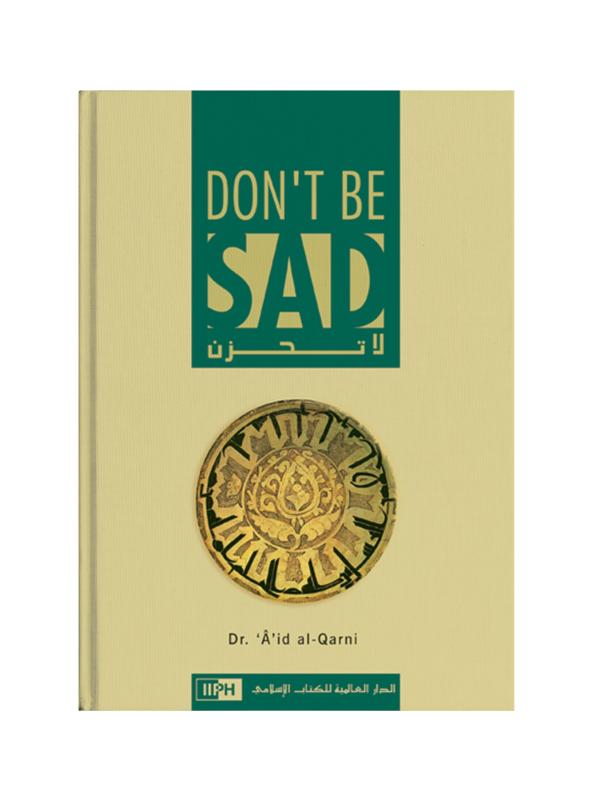Explaining Sahih Muslim Book 4 - Hadith 163-167

Explaining
Sahih Muslim Book 4 - Hadith 163-167
Chapter 31: Moderation When Reciting Qur'an In A Prayer When It Is
to Be Recited Out Loud, And Making it Neither Too Loud nor Too Soft, And When
There Is the Fear of Negative Consequences If It Is Recited Out Loud.
Ibn 'Abbas reported:
The word of (Allah) Great
and Glorious: 'And utter not thy prayer loudly, nor be low in it" (xvii.
110) was revealed as the Messenger of Allah (Peace Be Upon Him) was hiding
himself in Mecca. When he led his Companions in prayer he raised his voice (while
reciting the) Qur'an. And when the polytheists heard that, they reviled the
Qur'an and Him Who revealed it and him who brought it. Upon this Allah, the
Exalted, said to His Apostle (ﷺ): Utter not thy prayer so loudly that the
polytheists may hear thy recitation and (recite it) not so low that it may be
inaudible to your Companions. Make them hear the Qur'an, but do not recite it
loudly and seek a (middle) way between these. Recite between loud and low tone.
(Explaining
Sahih Muslim Book 4 - Hadith 163)
'A'isha reported that so far as these words
of (Allah) Glorious and High are concerned:
"And utter not thy
prayer loudly, not be low in it" (xvii. 110) relate to supplication
(du'a'). (Explaining
Sahih Muslim Book 4 - Hadith 164)
A hadith like
this has been narrated by Hisham with the same chain of transmitters. (Explaining
Sahih Muslim Book 4 - Hadith 165)
Chapter 32: Listening to the Recitation.
Ibn 'Abbas reported with regard to the words
of Allah, Great and Glorious:
"Move not thy tongue
therewith" (Ixxv. 16) that when Gabriel brought revelation to him (the
Holy Prophet) he moved his tongue and lips (with a view to committing it to
memory instantly). This was something hard for him and it was visible (from his
face). Then Allah, the Exalted. revealed this a" Move not thy tongue
therewith to make haste (in memorising it). Surely on us rests the collecting
of it and the reciting of it" (ixxv. 16), i.e. Verily it rests with Us
that We would preserve it in your heart and (enable you) to recite it You would
recite it when We would recite it and so follow its recitation, and He (Allah)
said:" We revealed it, so listen to it attentively. Verily its exposition
rests with Us. i.e. We would make it deliver by your tongue." So, when
Gabriel came to him (to the Holy Prophet), he kept silence, and when he went
away he recited as Allah had promised him. (Explaining
Sahih Muslim Book 4 - Hadith 166)
Ibn Abbas reported with regard to the words:
"Do not move thy
tongue there with to make haste," that the Messenger of Allah (ﷺ) felt it
hard and he moved his lips. Ibn 'Abbas said to me (Sa'id b. Jubair): I move
them just as the Messenger of Allah (ﷺ) moved them. Then said Sa'id: I move
them just as Ibn 'Abbas moved them, and he moved his lips. Allah, the Exalted,
revealed this:" Do not move your tongue therewith to make haste. It is
with US that its collection rests and its recital" (al-Qur'an, ixxv. 16).
He said: Its preservation in your heart and then your recital. So when We
recite it, follow its recital. He said: Listen to it, and be silent and then it
rests with Us that you recite it. So when Gabriel came to the Messenger of
Allah (ﷺ), he listened to him attentively, and when Gabriel went away, the
Messenger of Allah (ﷺ) recited as he (Gabriel) had recited it. (Explaining
Sahih Muslim Book 4 - Hadith 167)
Explaining
Sahih Muslim Book 4 - Hadith 163-167
Explaining
Sahih Muslim Book 4 - Hadith 149-162 - SOLTLANE

Comments